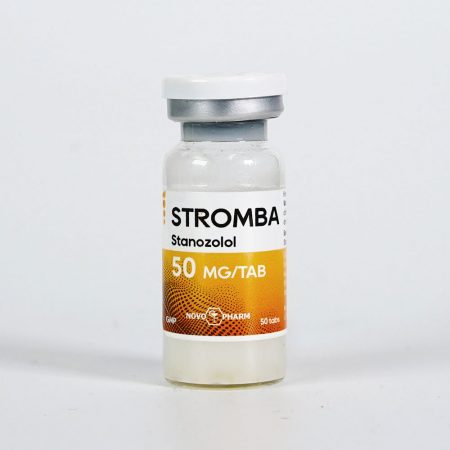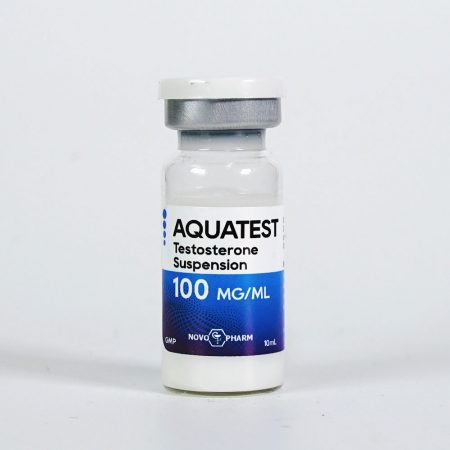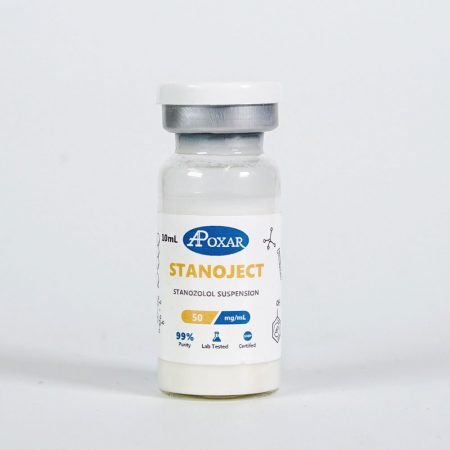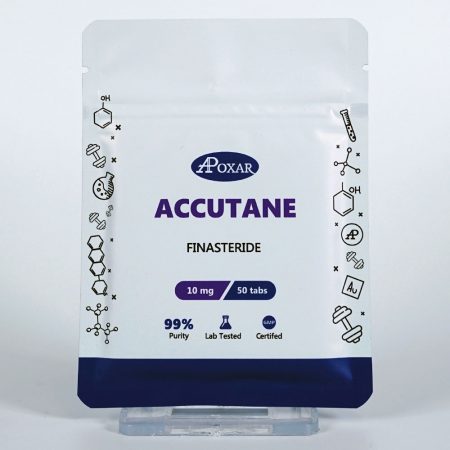Accutane (Isotretinoin)
- Growth Hormone (2)
- Injectable Steroids (35)
- Oral Steroids (14)
- PCT (11)
- Peptides (6)
- SARMs (8)
- Sex Pills (4)
- Steroids For Weight Loss (6)
- Uncategorized (1)
- Apoxar (48)
- NEO Sarms (8)
- Novo-Pharm (30)
- Nurotropin (1)
The ultimate anti-acne compound you need when other treatments are proven ineffective. Make the skin on your back, neck, and face look nice & clean again.
Things to know about Accutane
- Class: Supportives
- Structure: Non-steroidal
- Aromatization: No
- How to take: Oral
- Primary use: On-cycle support (severe acne treatment)
- Compounds in the family: 1 (Accutane)
Apoxar Accutane is not a steroid. It’s Vitamin A on steroids, Isotretinoin. Designed to tackle severe acne, this is the solution for those stubborn breakouts that aren’t fazed by other drugs or antibiotics.
Why care:
With high-calorie diets and anabolic drugs at play, acne has a higher chance to flare up. That’s where Accutane jumps in, helping you to get rid of those pimples.
Especially useful with:
- Face acne;
- Chest acne;
- Back acne.
Out of 133 individuals who participated in a study on Accutane, 127 waved goodbye to their acne. If you’re counting, that’s a 95% success rate. And just so you know, this isn’t a new thing: dermatologists have been relying on retinoids since ’80s.
Accutane Impact Points:
- Size of oil glands? Reduced;
- Production of skin oil? Decreased dramatically;
- Acne growth? Blocked;
- Inflammation? Considerably lessened;
- Skin healing? Normalized.
Accutane peaks in your body in about 2-4 hours. Pair it with your meal for better absorption. Once it’s in your system, it teams up with albumen in your bloodstream.
Accutane Side Effects?
Take more than you should, and you will face a lot of issues: think dry skin, chapped lips, and even a scratchy throat.
Development & History: Know Your PEDs
Accutane was first developed by Hoffman-La Roche, a Swiss multinational healthcare company, in the early 1980s.
The U.S. Food and Drug Administration (FDA) approved Accutane for treating severe acne in 1982. It quickly became a solution for cases that didn’t respond to other treatments.
However, there were concerns about its side effects, especially when taken by women during pregnancy.
By 2009, Roche decided to remove its brand name Accutane from the market. Generic forms of isotretinoin, like Claravis, Amnesteem, and Sotret, remained available.
Despite its controversies, there’s no denying the drug’s effectiveness. For many with severe acne, isotretinoin provided relief when no other treatments did.



